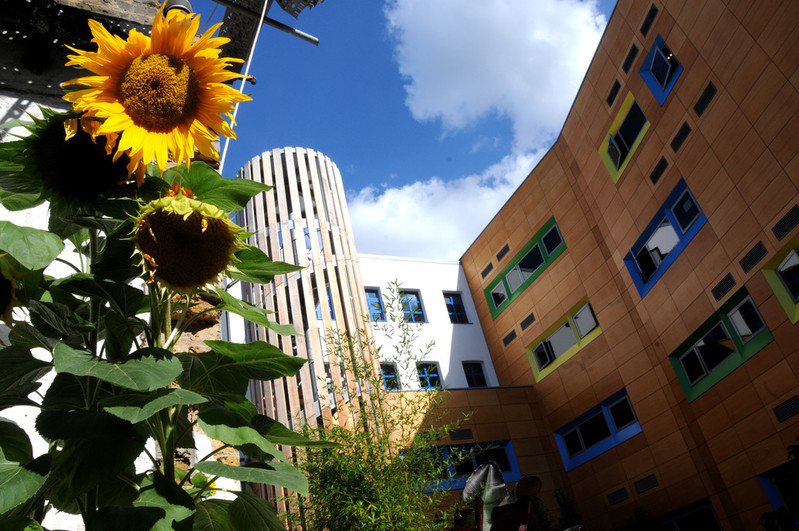What is the legacy of medical sociology? How has it shaped other disciplines and practices? And what is its role in challenging the status quo of inequalities in health?
These were some of the topics discussed by very talented people at this year’s MedSoc (Medical Sociology) Conference in Glasgow…

